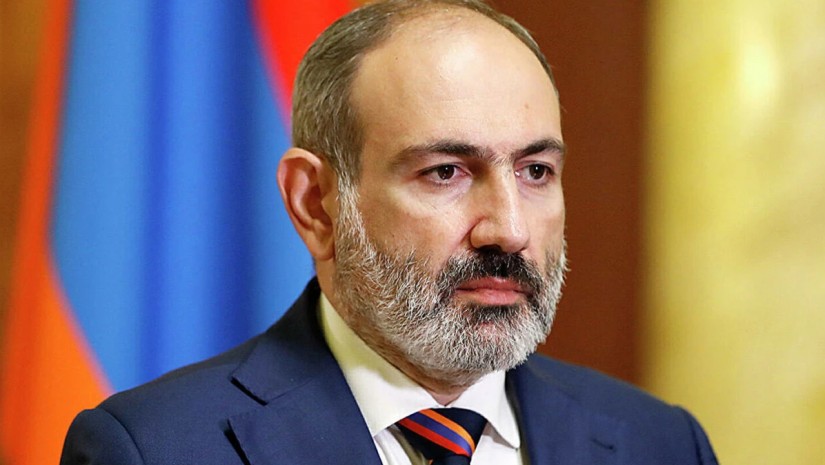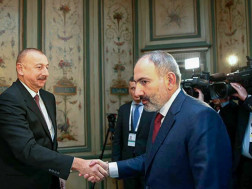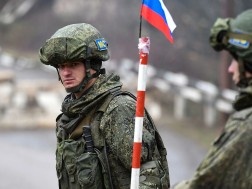Russia’s Foreign Ministry on September 25 slammed remarks by Armenian Prime Minister Nikol Pashinian that were critical of Moscow, saying they "include unacceptable outbursts addressed against Russia and can spark nothing but rejection."
Pashinian had said in a televised address that Yerevan's involvement in "the external security systems" -- referring to Armenia’s membership in the Russian-led Collective Security Treaty Organization (CSTO) -- "are not effective" for Armenia's interests.
Pashinian and many Armenians blame Russia -- which traditionally has served as Armenia's protector in the region -- for failing to use its peacekeeping force to protect ethnic Armenians in Azerbaijan’s mostly Armenian-populated breakaway region of Nagorno-Karabakh.
"Multiple cases of terror against the Armenian population of Nagorno-Karabakh, illegal blocking of the Lachin Corridor, and Azerbaijan's September 19 attack against Nagorno-Karabakh have raised serious questions about goals and motives of the Russian Federation’s peacekeeping contingent in Nagorno-Karabakh," Pashinian said.
He warned that Baku and Russian peacekeepers will be fully responsible if "ethnic cleansing" follows Baku's final victory over the separatist forces in the breakaway region.
Russia’s Foreign Ministry in a statement rejected Pashinian’s remarks, calling them "an attempt to evade responsibility for failures in domestic and foreign policies" and blaming Armenian leadership of "steps to give Armenia's development a new, Western direction."
"The leadership in Yerevan is making a big mistake by deliberately trying to destroy Armenia's multifaceted and centuries-old ties with Russia, and by holding the country hostage to the geopolitical games of the West," the ministry said.
The statement also said all allegations that ongoing protests in Yerevan demanding Pashinian's resignation have links to Russia "have nothing to do with the reality."
Yerevan said on September 25 that more than 6,000 ethnic Armenians had left Nagorno-Karabakh for Armenia after Baku asserted control over the region last week following what Baku called "anti-terrorist measures of local character."
The military operation was halted on September 20 after Nagorno-Karabakh's separatist leadership accepted a cease-fire proposal by the Russian peacekeeping mission, RFE/RL reports.























